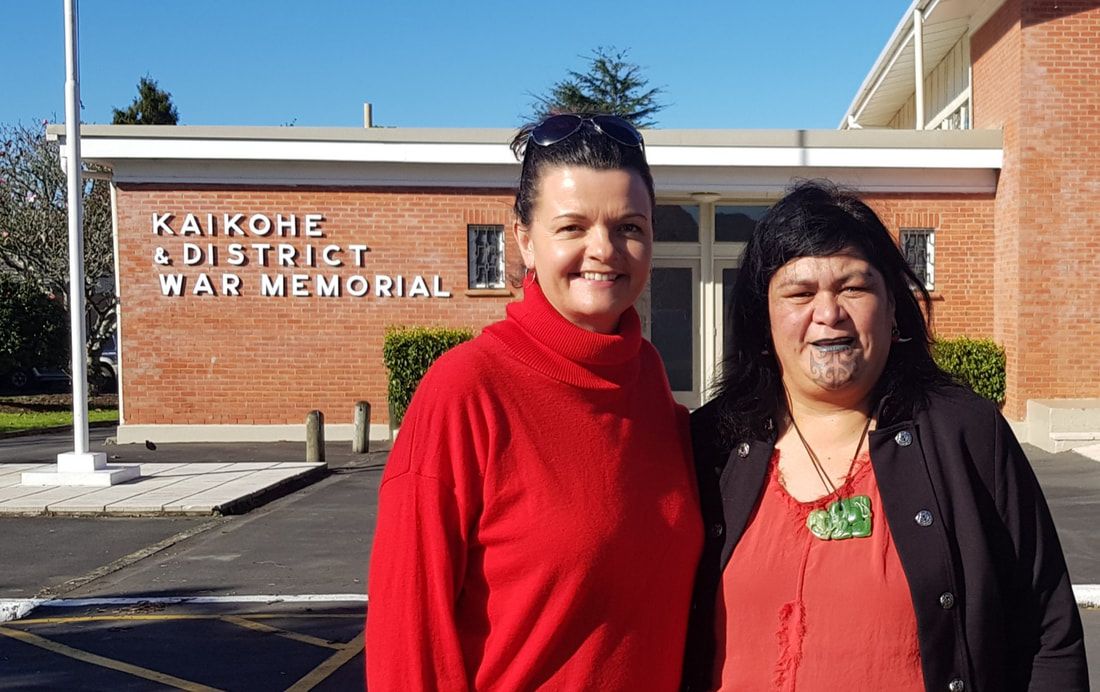|
More than any other organisation, councils’ impact on the way we live. From going to the library, maintaining the roads and footpaths to advocating for district support - the results of the actions taken (or not taken) are experienced by all of us at one time or another (often something we think more about when it comes to paying the rates!) There can be confusion about the role of local government, so I thought it useful to provide a bit of an overview of responsibilities.
Firstly, the difference between a regional council and a district council. (We have one regional council in Northland and three district councils; Far North, Whangarei and Kaipara). Regional councils are primarily focused on environmental resource management, flood control, air and water quality, pest control and in some cases (such as Northland) public transport and economic development. District councils have a really wide range of responsibilities, including governance, local roads, footpaths, three waters, sewerage, bylaws, waste, libraries, parks, recreation, regulations, community development and town planning. You could sum it all up and say we have four key functions; civic leadership, regulatory control, public service provider and infrastructure provision. It’s important to note, that central government has just passed an Act to reinstate the four well-beings into Local Government Act. This states that councils are to play a broad role in promoting the social, economic, environment, and cultural well-being of their communities, taking a sustainable development approach. I want to highlight the word promote, in that councils ‘play a broad role in promoting’. As here is where I believe the power lies. There is a lot of services that council does not currently undertake in the public sector. Think health, education, social development, policing, etc. Yet, it now has a mandate to promote, i.e., among other things can be a ‘watchdog’ for the delivery of public services and if they are not delivering, call them to account. Now, the role of the mayor and councillors. (The Far North has a mayor and nine councillors across three wards. We also have three Community Boards). The Local Government Act defines the role of mayor as providing leadership to the other elected members, be a leader in the community and perform civic duties. Councillors have no specific job description other than to represent their communities. Elected members roles include setting territorial authority plans, policies, making regulatory decisions and reviewing council performance. Each person has one vote. It is important to emphasis that elected members are in a governance position i.e. they make decisions at a policy/strategic level and not at an operational one (that is for the Chief Executive to lead). Simply put, Council is here to serve its communities. It has a role to lead and encourage sustainable prosperity and well-being. Council is not in competition. It is not here to make a profit. It is simply here to serve and assist communities to be the most amazing places they can be.
1 Comment
|
AuthorTania McInnes. Archives
January 2024
Categories |

 RSS Feed
RSS Feed

